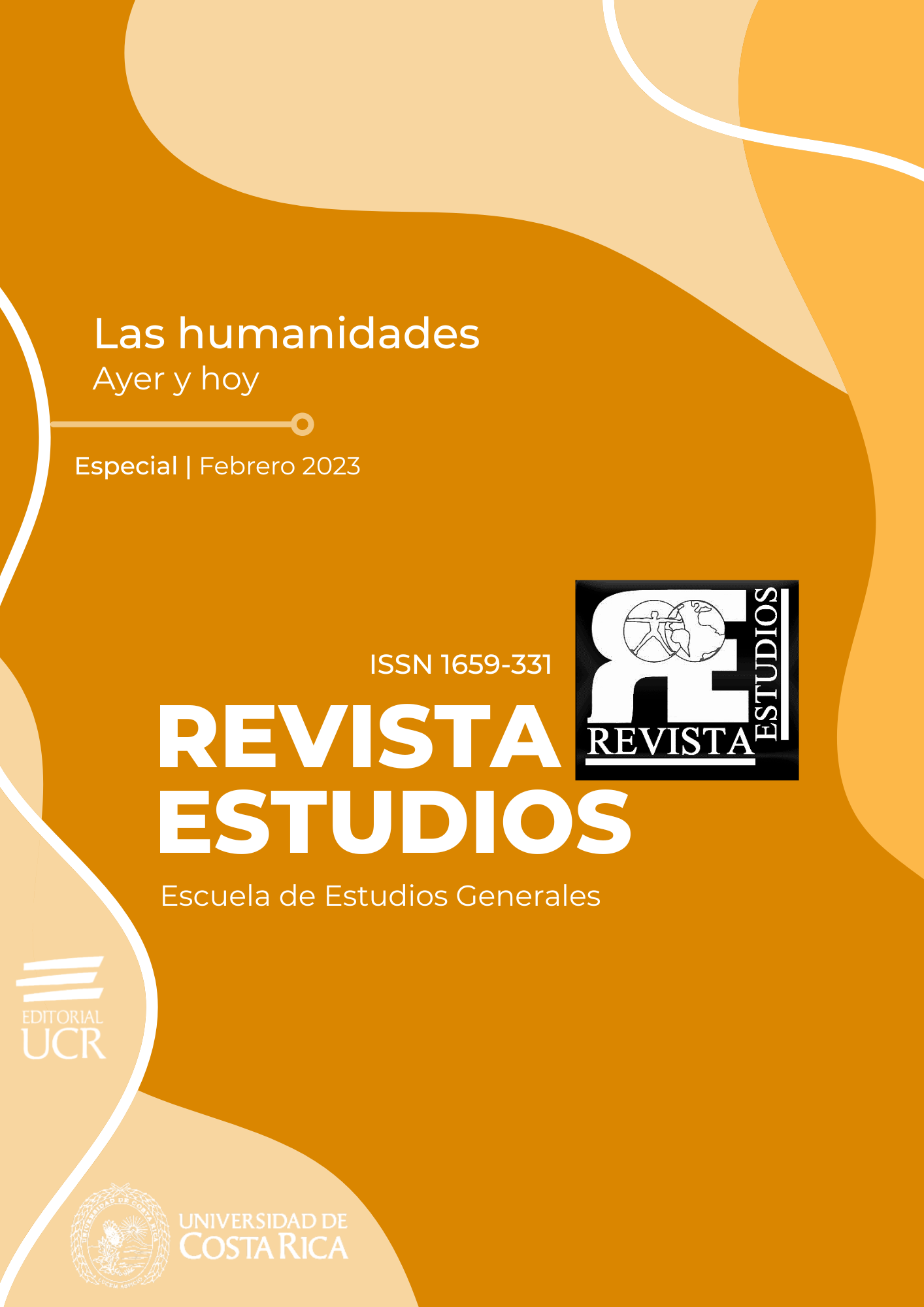Abstract
For the development of qualitative social research, it is necessary to use the appropriate techniques and methods according to the subject under study. The testimony constitutes a qualitative research technique used for data collection and is derived from the biographical method. Either an author or a witness participates in the testimony, whose voice reflects their own experiences and could even involve an entire community. It is, then, a reconstruction of facts from self-recognition and alterity. Testimony is studied in order to identify what is plausible and what is fictional in a primarily oral narration, which will later be transferred to writing. This article aims to analyze the theoretical approach of John Beverley in relation to the testimony in the light of the text Me llamo Rigoberta Menchú y así me nació la conciencia.
References
Beverley, J. (2005). Testimonio, subalternity, and narrative authority en K. Denzin,
N. & S. Lincoln, Y. (2005) (editors). The Sage Handbook of Qualitative Research. Third Edition. Sage Publications.
Beverley, J. y Achúgar, H. (2002). La voz del otro. Ediciones Papiro.
Beverley, J. (2004). Subalternidad y representación. Debates en teoría cultural.
Iberoamericana Editorial Vervuert.
Burgos, E. (2003). Me llamo Rigoberta Menchú y así me nació la conciencia. Siglo
XXI Editores S.A. de C.V.
Calveiro, Pilar. (2006). Testimonio y memoria en el relato histórico. Acta
poética, 27(2), 65-86.
http://www.scielo.org.mx/scielo.php?script=sci_arttext&pid=S0185-30822006000200004&lng=es&tlng=es.
Del Rincón, D., Arnal, J. y Latorre, A. (1995). Técnicas de investigación en
Ciencias Sociales. Dykinson.
Díaz del Castillo, B. (1992). Historia verdadera de la conquista de la Nueva
España. Editorial Planeta S.A.
Jakobson, R. (1988). Lingüística y poética. Ediciones Cátedra.
Morales, O. (2003). Fundamentos de la investigación documental y la monografía.
Grupo Multidisciplinario de Investigación en Odontología.
Oliva, M. (2016). El Testimonio: ¿Una nueva Literatura Centroamericana? Temas
De Nuestra América Revista De Estudios Latinoamericanos, 20(41), 13-29. https://www.revistas.una.ac.cr/index.php/tdna/article/view/7893
Real Academia Española (s.f.). Verosímil. En Diccionario de la lengua española.
Recuperado en 16 de febrero 2023, de https://dle.rae.es/veros%C3%ADmil
Real Academia Española (s.f.). Ficción. En Diccionario de la lengua española.
Recuperado en 16 de febrero 2023, de https://dle.rae.es/ficción%20?m=form
Rojas, R. (2002). Investigación social: teoría y práctica. Plaza y Valdés.
Sanz, A. (2005). El método biográfico en investigación social: potencialidades y
limitaciones de las fuentes orales y los documentos personales. https://asclepio.revistas.csic.es/index.php/asclepio/article/view/32
Tinajero, S. (2021). De la oralidad a la historia. El testimonio como género
periodístico. Universidad Andina Simón Bolívar.
Vargas, G. (1998). Algunas características epistemológicas de la investigación

